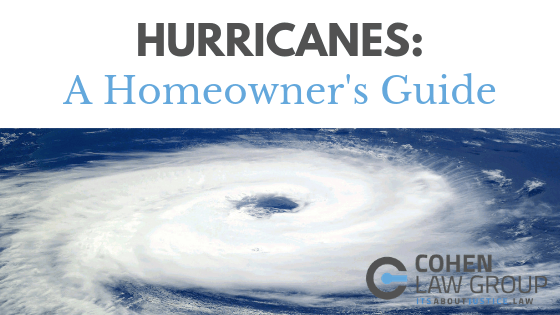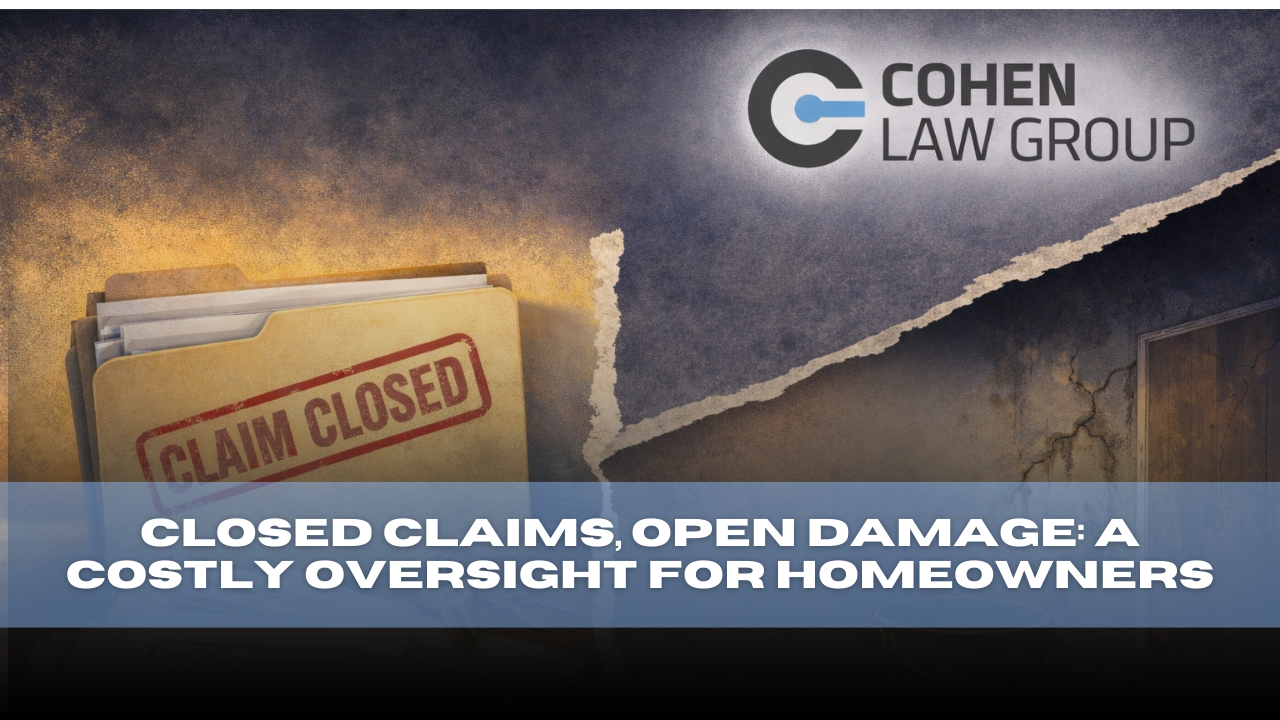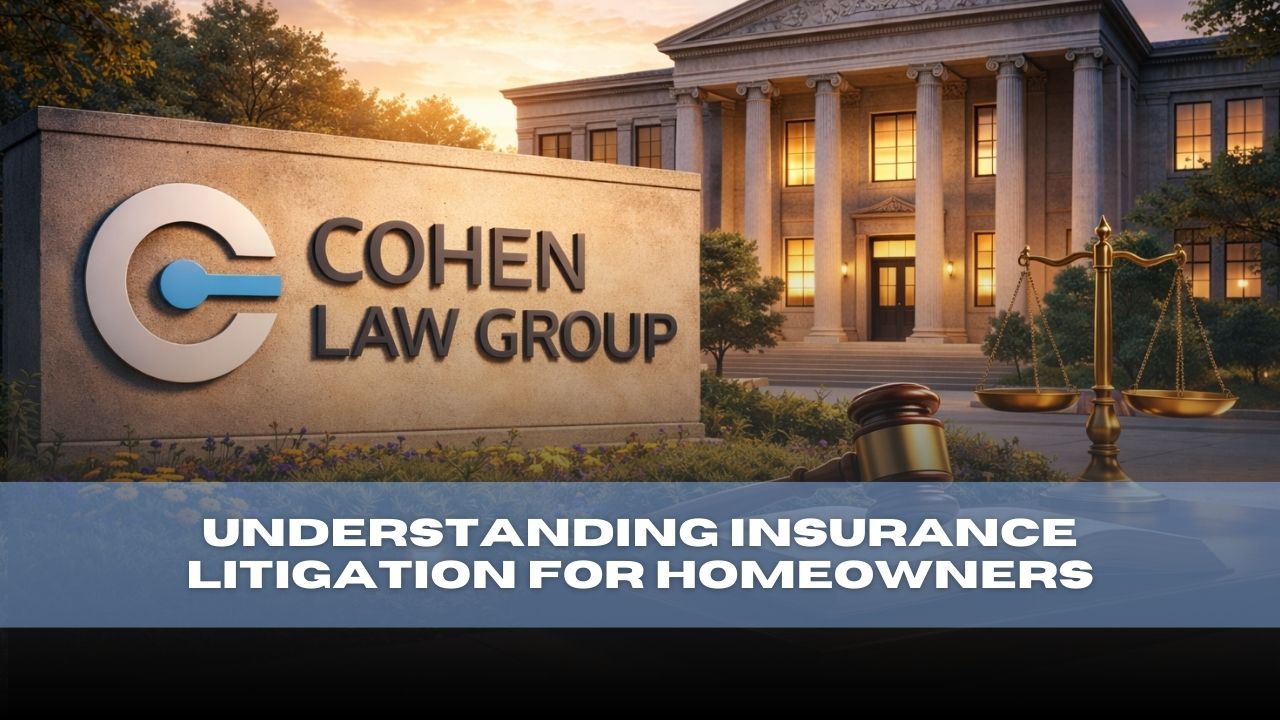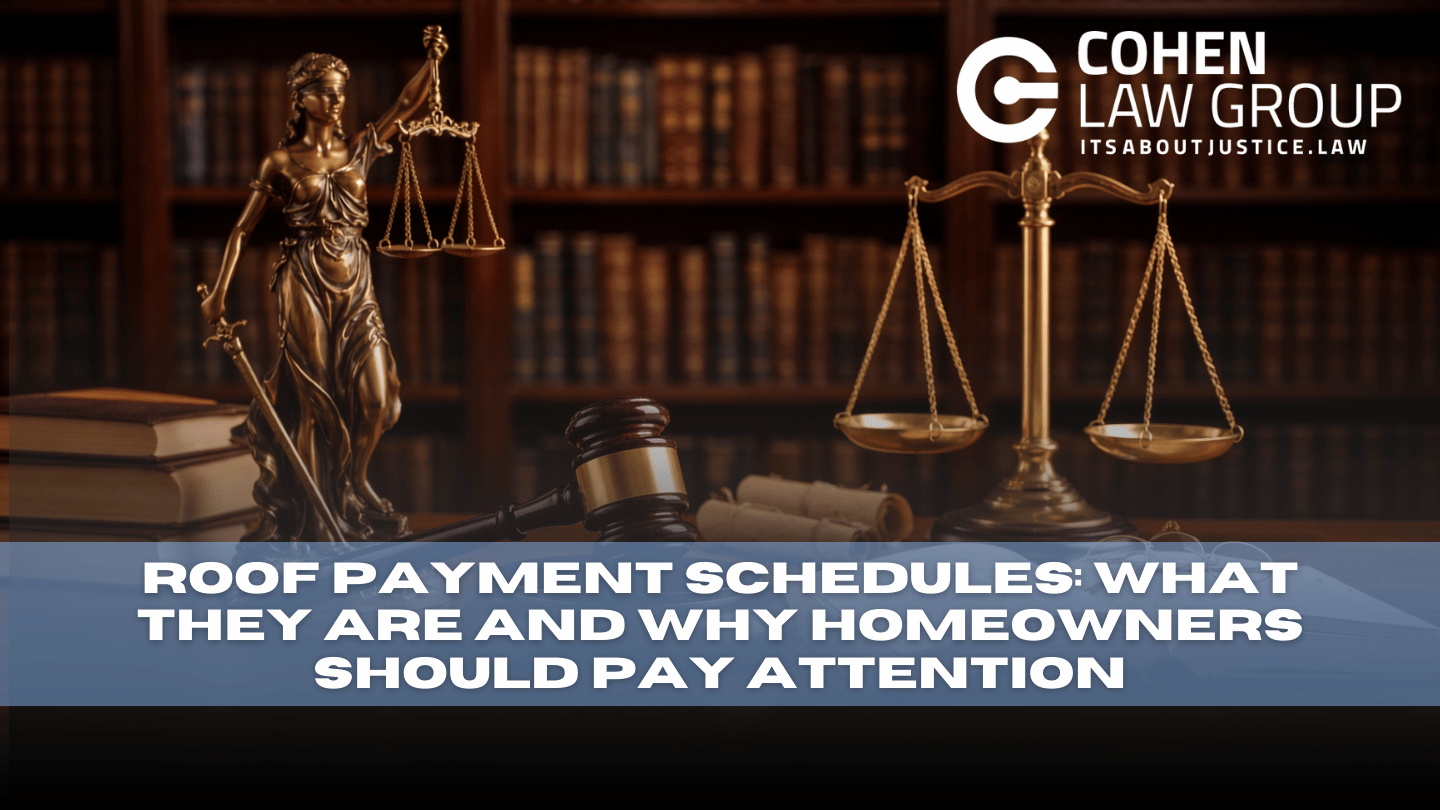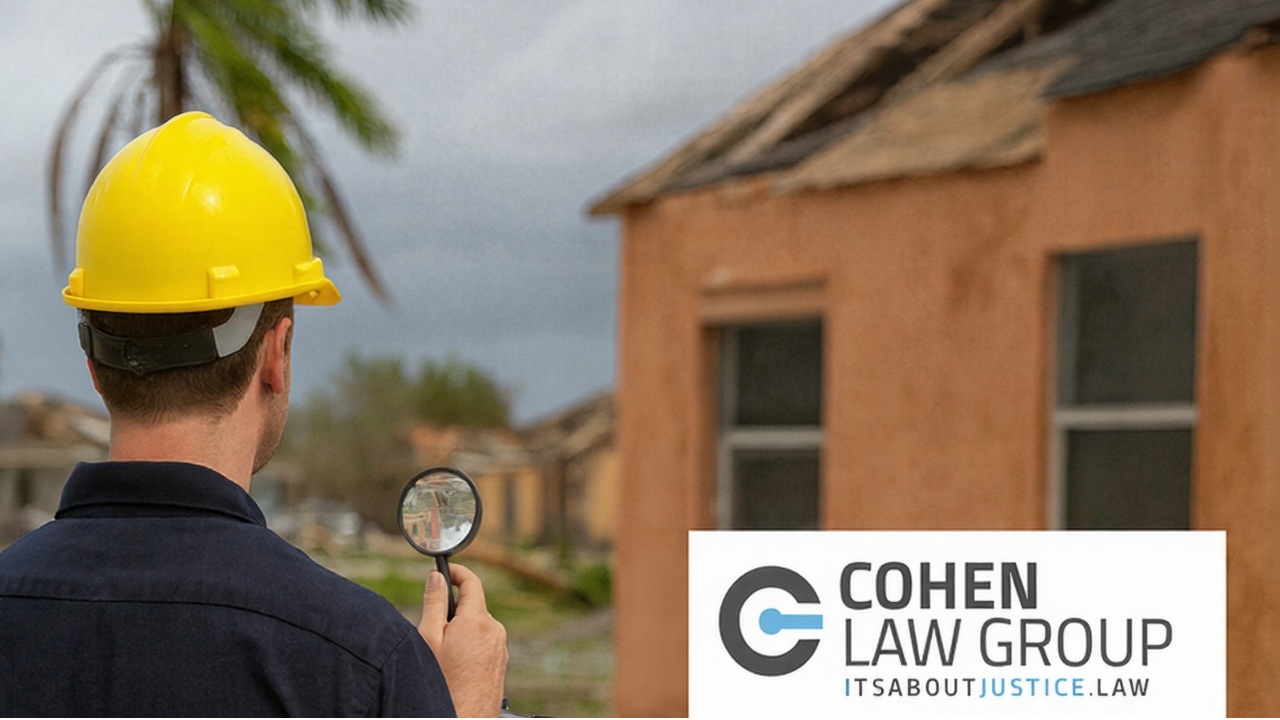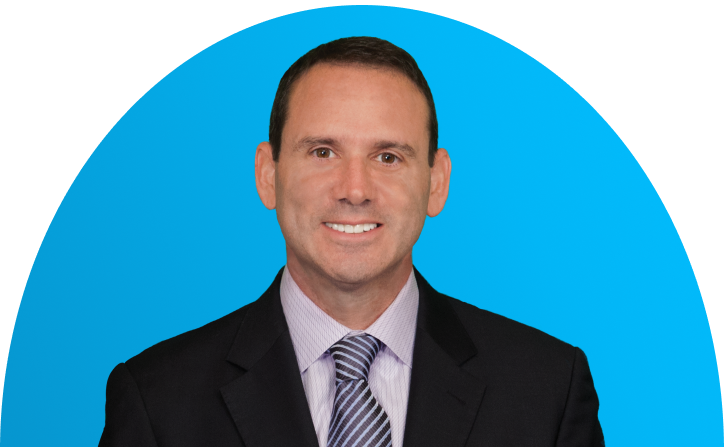Hurricanes: A Homeowner’s Guide
By Kevin Vorhis, Esq.
We Floridians are no strangers to hurricanes; our communities have perennially endured the fury of such massive storms before, and we will do so again.
In the aftermath of such destructive force, often the first casualty is normality. Our usual routines and comforts may be gone– sometime for weeks or even months. Our usual institutions, hang outs, and even our own homes may be shuttered, closed down, falling apart, or even completely destroyed. Our usual sundries and resources—electricity, gasoline, even food and water—may suddenly become scarce commodities.
“How Do We Rebuild?”
The first question many find themselves asking after a hurricane this is “how do we rebuild?”
First, you must have the will to rebuild, and second, you must have the resources. Unless you have potentially large sums of money at your disposal, these resources typically come in the form of insurance proceeds from the home or renters’ insurance you have carried, often for years, to protect you in just such a catastrophe.
As is to be expected, in the wake of such panic, many things easily fall by the wayside. Reeling from loss and uncertain about the future, you are now faced with an unwelcome and unavoidable task: rebuilding and recovering the normality that was taken from you by the storm.
It is at this critical juncture that you may be called upon to make decisions with your insurance carrier that may have financial and personal ramifications for years to come.
Fortune Favors The Prepared.
Fortunately we here at Cohen Law Group are prepared. We bring decades of first-party insurance experience to the table. We have handled thousands of homeowners’ claims against insurance companies after the claims adjustment process has failed. We have seen the myriad of ways in which insurance companies can underpay, delay, or deny coverage to their customers when they need help the most.
Over the course of our practice, we have seen many of the common pitfalls and mistakes that homeowners and renters make when dealing with insurance companies.
We would like to share some of our practical firsthand experience in the hopes that you do not fall victim to the same mistakes.
Steps To Take
Document, document, and then document some more.
First, obtain your full insurance policy (not just the declarations page or the renewal form), or request it from your insurance company.
Next, keep detailed records of everything related to the damage you suffered, and your interaction with the insurance company from the moment you call a claim in. This documentation includes the condition of your house before the hurricane and the condition of it after the hurricane.
Take photos and videos of any damage as soon as you safely can.
Keep receipts of everything you spend, even food and living expenses like hotels if you cannot stay at home.
Make a list of any items damaged by the storm.
Keep track of the chronology of events—every phone call and every email—with names, dates, times, and numbers.
Document it all, and don’t stop until your claim is fully resolved.
Promptly file your claim.
Insurance companies can deny your claim if you do not provide them prompt notice of your insurance claim. Refer to your insurance policy, or seek the advice of an attorney to find out how to do this in accordance with your insurance policy.
Cooperate with the Insurance company, but consider getting a second opinion.
After you file a claim, your insurance carrier will typically send a loss adjuster to evaluate your claim in person. Typically, based on that adjuster’s findings, the insurance company will then make a determination if your loss is covered or not. If they find it is not covered, they will not pay you anything. We may be able to help you with that.
If they do conclude that your claim is covered, they may then offer money to settle your claim. If you do not feel like the amount they are offering is enough, consider obtaining the advice of an attorney, and obtaining your own repair estimates from qualified contractors.
Be careful not to sign anything without understanding what you are agreeing to, or what rights you are giving up. An attorney can help with this process as well.
Protect your property after the loss.
Under most insurance policies, you have an obligation to protect your property from further loss. This means doing what you can to prevent water from continuing to enter your home, preventing the spread of mold, tarping roofs, stopping leaks etc.
Again, an attorney can help strategize with you about what you need to do, depending on what is contained in your policy.
Do not assume the type of damage you have, and do not guess if you are not sure.
When communicating with insurance companies, it is important to be extremely careful to describe the damage and its cause as accurately as possible. Many Insurance policies have numerous coverage exclusions and bases for denying claims, depending on the cause of damage, the item damaged, and type of damage. An experienced attorney will be able to explain these risks to you.
If You Need Help, Call Us.
In closing, we hope that this general advice will serve you well.
If you have any questions about your claim, or about the process in general, we strongly urge you to speak with a qualified, conscientious law firm that can guide you through this perilous process. Cohen Law Group has a team of attorneys prepared to assist you in any way. Should you have any questions, please do not hesitate to contact us at 407-478-4878 for a free consultation.
We are here to help you, and we wish you, your families, and your homes safety and well-being before, during, and after hurricane season each year.

Kevin Vorhis, Esq.
DISCLAIMER: This website is for informational purposes only and does not provide legal advice. Please do not act or refrain from acting based on anything you read on this site. Using this site or communicating with Cohen Law Group through this site does not form an attorney/client relationship. This site is legal advertising. Please review the full disclaimer for more information by clicking here.

